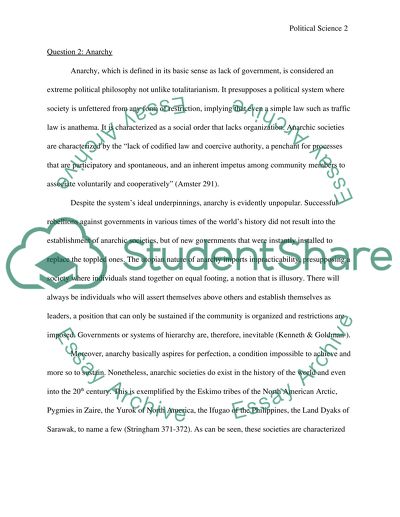Cite this document
(“Political science Essay Example | Topics and Well Written Essays - 2000 words”, n.d.)
Retrieved from https://studentshare.org/environmental-studies/1424458-political-science
Retrieved from https://studentshare.org/environmental-studies/1424458-political-science
(Political Science Essay Example | Topics and Well Written Essays - 2000 Words)
https://studentshare.org/environmental-studies/1424458-political-science.
https://studentshare.org/environmental-studies/1424458-political-science.
“Political Science Essay Example | Topics and Well Written Essays - 2000 Words”, n.d. https://studentshare.org/environmental-studies/1424458-political-science.


